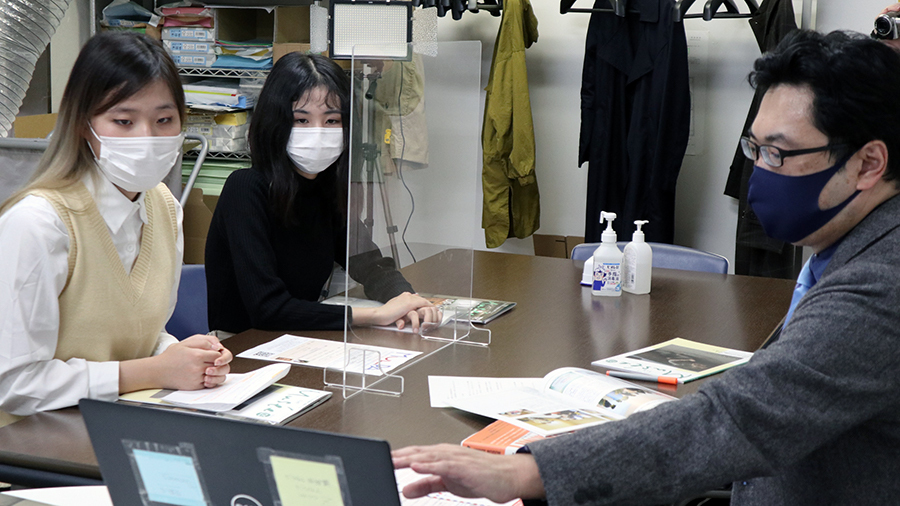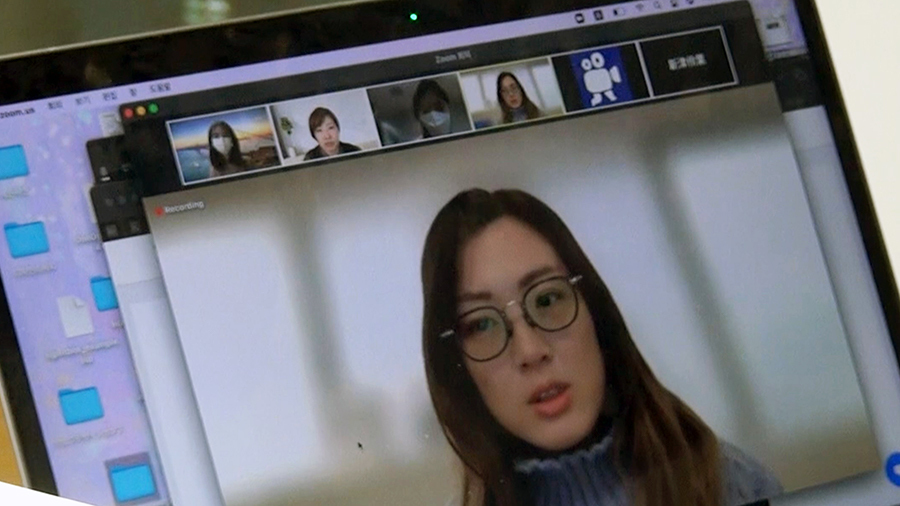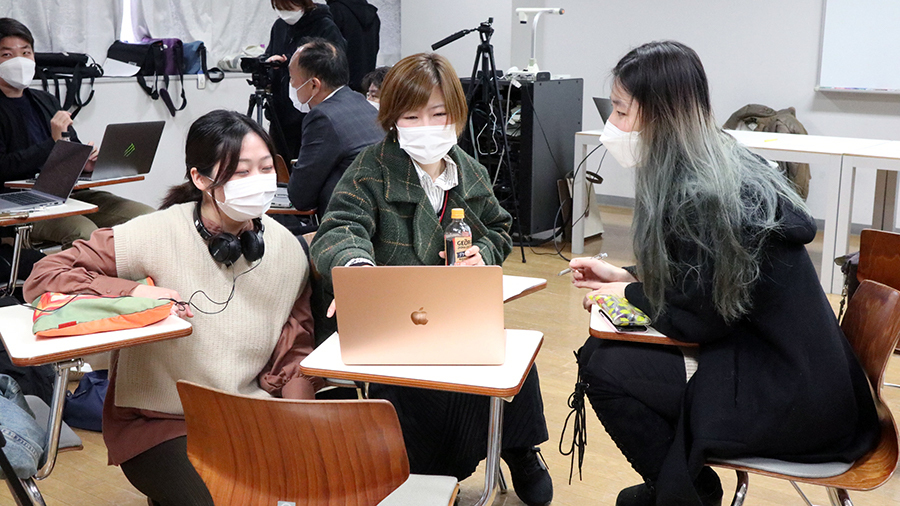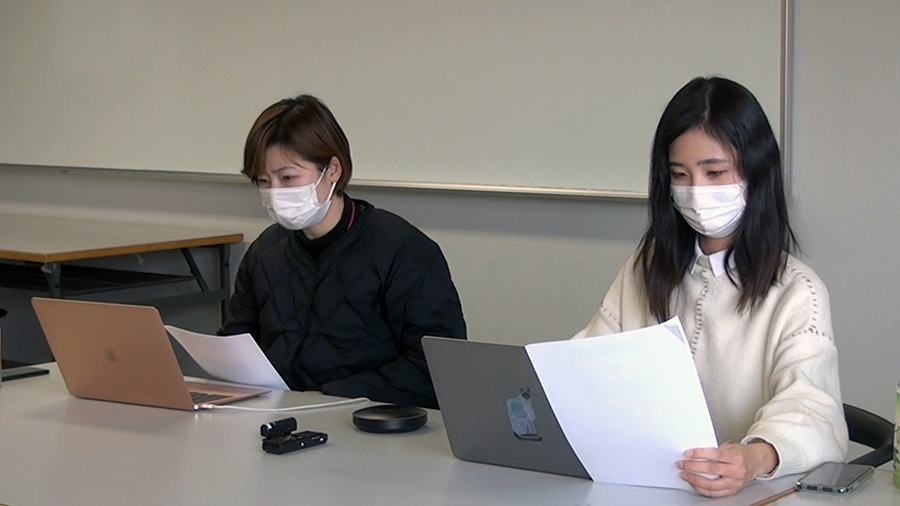Among the overseas artists working in Japan, there are some who are not comfortable with being categorized as “foreigners”. So we are looking at what we can do to build a society in which foreigners can work as individual artists, rather than just being foreigners. At this event, we want to bring everyone together, through talk shows and discussions, to think about what is required for someone to work as an artist in Japanese society.
We conducted an interview with Junichi Norota from the Academic/Cultural Exchange Group, Kanagawa International Foundation’s MULPA project, with “multicultural co-existence x art” as our key theme. In the course of this interview, it became clear that there are artists who are not happy with being categorized simply as “overseas artists”. This was also the point at which we started to focus on “artists categorized as foreigners”.

We interviewed Ms Yang Chunting, Project Research Associate who was the project manager of the art project “Immigration Museum Tokyo” in 2019. Tokyo. In a previous interview, our approach was on the negative aspects of the difficulties facing an “overseas artist”, but in this interview we learned of the existence of artists whose works have arisen out of their own identities as foreigners and the perspectives they have as a result. This broadened our own perspective and caused us to again revisit the theme with our team.

We planned an event to share with the participants the existence of both “artists who are not happy with being categorized as overseas artists” and “people who are working through their identity of having a foreigner’s perspective”. We conducted discussions aimed at delving into the resulting “otherness” and to ascertain people’s awareness of the respective themes.

We held an event where we invited Mr Norota, who had given us an interview, and Ms Pak, who is an overseas student majoring in oil painting at Musashino Art University, as our guests. With the idea that sharing is significant even if we can’t produce systemic solutions or changes, we alloted plenty of time for people to tell their stories directly. Using a talk show or question-and-answer format, we were also able to hear detailed comments from the participants.

Team GRAPE
Jung Yoonbin (2nd year, Department of Architecture)
Yim Dyne (3rd year, Department of Design Informatics)
Nasuhara Riko (3rd year, Department of Arts Policy and Management)
Niitsu Reiha (3rd year, Department of Arts Policy and Management)
Kim Dohee (CASIO COMPUTER Co., Ltd.)
Riko Nasuhara
(3rd year, Department of Arts Policy and Management)
We heard some really valuable contributions from the guests and participants. Being categorized simply as overseas artists, one’s own innate identity, and the sense of otherness that comes from one’s viewpoint a foreigner. When we face these sorts of questions, rather than simply looking for an answer, perhaps it is more meaningful to be aware of their existence, and the just to think and to share. I think this sort of behavior is important for building an inclusive society and is a first step towards that.